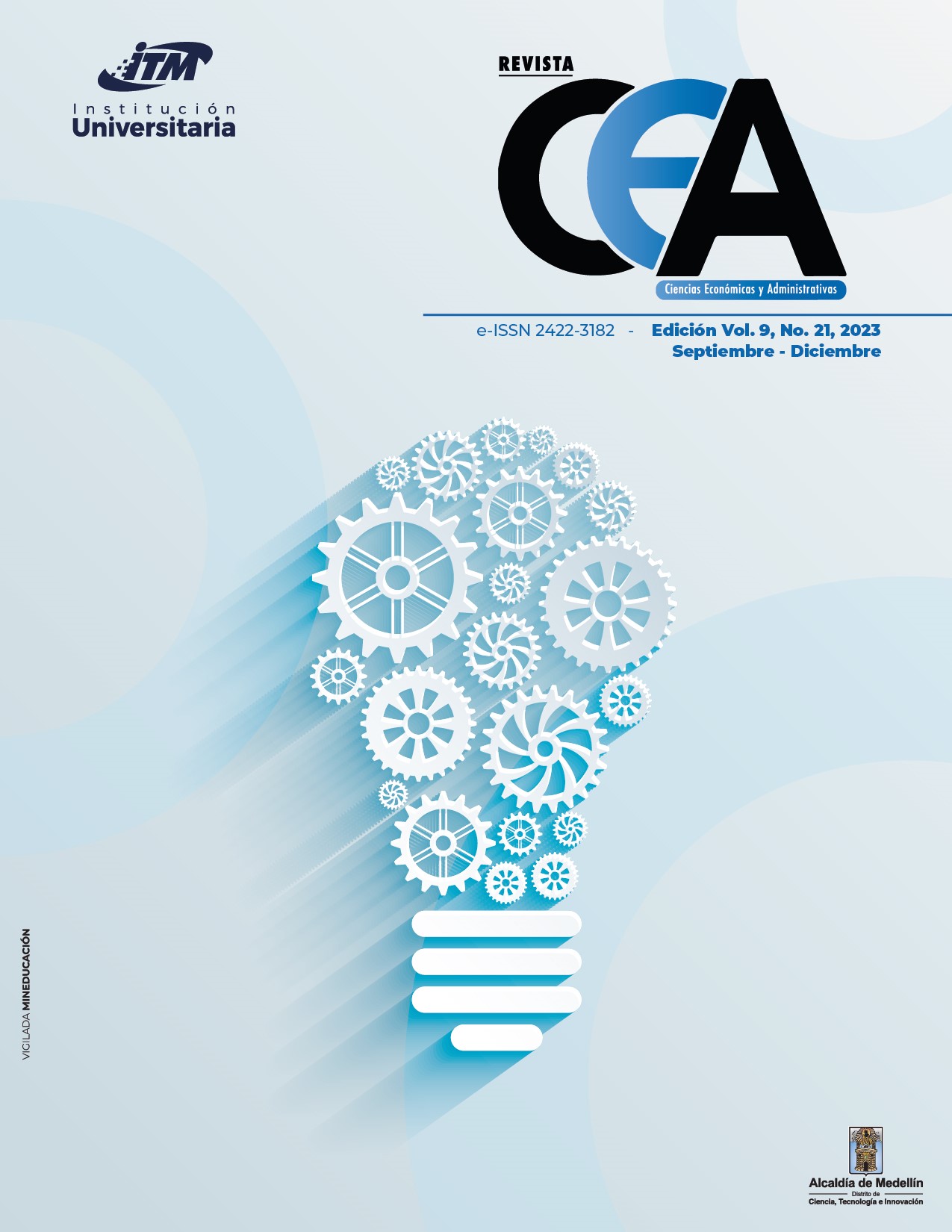Introducción: Inteligencia artificial en la gestión
Resumen
La Inteligencia Artificial (IA) se ha convertido en un popular tema de debate, tanto dentro como fuera del mundo académico. Según algunos comentaristas, estamos en la cúspide de un gran cambio social y económico. El futuro del trabajo se está convirtiendo en el presente. Esta introducción pretende exponer algunas de las cuestiones emergentes y apremiantes relacionadas con la IA en la gestión. No se trata de un intento de predicción o de agorero, sino de esbozar qué preguntas y métodos de investigación pueden ayudarnos a dar sentido a estos cambios.
Referencias bibliográficas
Binfield, K. 2004. Luddites and Luddism. The Johns Hopkins University Press.
Briziarelli, M. (2019). Spatial Politics in the Digital Realm: The Logistics/Precarity Dialectics and Deliveroo’s Tertiary Space Struggles. Cultural Studies, 33(5), 823–40. https://doi.org/10.1080/09502386.2018.1519583
Cant, C. (2019). Riding for Deliveroo: Resistance in the New Economy. Cambridge: Polity.
Cant, C., & Mogno, C. (2020). Platform Workers of the World, Unite! The Emergence of the Transnational Federation of Couriers. The South Atlantic Quarterly, 119(2), 401–11. https://doi.org/10.1215/00382876-8177971
Cook, M. (2018). A Basic Lack of Understanding. Notes from Below. https://notesfrombelow.org/article/a-basic-lack-of-understanding
Edwards, R. (1979). Contested Terrain: The Transformation of the Workplace in the Twentieth Century. Basic Books.
Eubanks, V. (2019). Automating Inequality: How High-Tech Tools Profile, Police, and Punish the Poor. St. Martin’s Press.
Fear, C. (2018). “Without Our Brain and Muscle Not a Single Wheel Can Turn”: The IWW Couriers Network. Notes from Below. https://notesfrombelow.org/article/without-our-brain-and-muscle
Gent, C. (2019). The Politics of Algorithmic Management: Class Composition and Everyday Struggle in Distribution Work. University of Warwick.
Kitchin, R. (2017). Thinking Critically about and Researching Algorithms. Information, Communication & Society, 20(1), 14–29. https://doi.org/10.1080/1369118X.2016.1154087
Lee, M. K., Kusbit, D., Metsky, E., & Dabbish, L. (2015). Working with Machines: The Impact of Algorithmic, Data-Driven Management on Human Workers. In CHI '15: Proceedings of the 33rd Annual ACM Conference on Human Factors in Computing Systems, pp. 1603–1612. ACM Press. https://doi.org/10.1145/2702123.2702548
Leonardi, D., Murgia, A., Briziarelli, M., & Armano, E. (2019). The Ambivalence of Logistical Connectivity: A Co-Research with Foodora Riders. Work Organisation, Labour & Globalisation, 13(1), 155–171. https://doi.org/10.13169/workorgalaboglob.13.1.0155
Marx, K. (1990). Capital: A Critique of Political Economy. Vol. 1. Penguin.
Noble, D. F. (1978). Social Choice in Machine Design: The Case of Automatically Controlled Machine Tools, and a Challenge for Labor. Politics and Society, 8, 313–47.
Notes from Below. (2018). Editors’ Notes on Class Composition and Technology. Notes from Below. https://notesfrombelow.org/article/editors-notes-on-class-composition-and-technology
O’Neil, C. (2017). Weapons of Math Destruction: How Big Data Increases Inequality and Threatens Democracy. Penguin.
Pasquale, F. (2015). The Black Box Society: The Secret Algorithms That Control Money and Information. Harvard University Press.
Rosenblat, A. (2018). Uberland: How Algorithms Are Rewriting the Rules of Work. University of California Press.
Rosenblat, A., & Stark, L. (2016). ‘Algorithmic Labor and Information Asymmetries: A Case Study of Uber’s Drivers’. International Journal of Communication, 10. http://dx.doi.org/10.2139/ssrn.2686227
Scholz, T. (2017). Uberworked and Underpaid: How Workers Are Disrupting the Digital Economy. Wiley.
Srnicek, N. (2017). Platform Capitalism. Wiley.
Tassinari, A., & Maccarrone, V. (2020). Riders on the Storm: Workplace Solidarity among Gig Economy Couriers in Italy and the UK. Work, Employment and Society, 34(1), 35–54. https://doi.org/10.1177/0950017019862954
Taylor, A. (2018). The Automation Charade. Logic Magazine.
Turow, J. (2017). The Aisles Have Eyes: How Retailers Track Your Shopping, Strip Your Privacy, and Define Your Power. Yale University Press.
Waters, F., & Woodcock, J. (2017). Far From Seamless: A Workers Inquiry at Deliveroo. Viewpoint Magazine. https://www.viewpointmag.com/2017/09/20/far-seamless-workers-inquiry-deliveroo/
Woodcock, J. (2020). The Algorithmic Panopticon at Deliveroo: Measurement, Precarity, and the Illusion of Control. Ephemera: theory & politics in organizations, 20(3), 67–95. https://ephemerajournal.org/sites/default/files/2022-01/20-3Woodcock.pdf
Woodcock, J. (2022). Artificial Intelligence at Work: The Problem of Managerial Control from Call Centers to Transport Platforms. Frontiers in Artificial Intelligence, 5. https://doi.org/10.3389/frai.2022.888817
Descargas

Esta obra está bajo una licencia internacional Creative Commons Atribución-NoComercial-CompartirIgual 4.0.

| Estadísticas de artículo | |
|---|---|
| Vistas de resúmenes | |
| Vistas de PDF | |
| Descargas de PDF | |
| Vistas de HTML | |
| Otras vistas | |







